Chancellor Maria Gallo, Ph.D. | University of Wisconsin-River Falls
Chancellor Maria Gallo, Ph.D. | University of Wisconsin-River Falls
The University of Wisconsin-River Falls (UWRF) has received $324,944 from the Freshwater Collaborative of Wisconsin to support seven water quality projects. UWRF is either leading or partnering in these initiatives, which are aimed at training students and conducting research to monitor and improve water quality across the state.
This funding is part of a broader allocation exceeding $4.2 million in the 2026-27 state budget for water education and research programs. The objective is to enhance Wisconsin’s water workforce by providing expanded opportunities for high school, undergraduate, and graduate students while addressing significant issues such as PFAS contamination and phosphorus pollution.
Universities of Wisconsin President Jay Rothman said, “The Freshwater Collaborative of Wisconsin shows the power of our universities when we come together to address Wisconsin’s needs. By expanding water-related degree programs and providing students with professional training opportunities, our universities are preparing future leaders while also strengthening Wisconsin’s economy, protecting our natural resources, and serving communities and industries throughout our state.”
Most of the awarded funds will go toward maintaining and expanding existing programs developed over the past five years. These include summer camps and internships for high school students, hands-on courses featuring fieldwork and laboratory experiences, undergraduate research opportunities related to freshwater topics, and university-led projects that serve community, industry, or government needs.
Some funding will also be directed toward new initiatives such as a river studies course, PFAS research efforts, development of a new tool for assessing water quality, and a project focused on peatlands.
Marissa Jablonski, executive director for the Freshwater Collaborative of Wisconsin stated: “The Freshwater Collaborative has helped campuses develop innovative statewide courses, programs and research collaborations over the past five years. With this latest round of funding, we are committing to ongoing investment in those programs that will best recruit and train the next generation of water professionals to address the needs of Wisconsin.”
Jill Coleman Wasik leads UWRF’s involvement in these efforts as professor of environmental science. She emphasized that the funding will provide various student opportunities including hands-on coursework, field training experiences, service learning within communities, and professional networking events.
“UWRF has always prided itself on being a student-centered institution that provides its students with high-impact learning experiences. Freshwater Collaborative support empowers us to create and offer additional transformative opportunities that prepare students for impactful careers in water-related fields,” Coleman Wasik said. “Water touches every aspect of our lives, often in ways we don’t immediately see. By equipping the young professionals with technical expertise in water challenges and solutions, we are building stronger, more resilient communities across Wisconsin.”
Other UWRF faculty involved include Veronica Justen (professor of crop science) and Bahareh Hassanpour (assistant professor of environmental science).
Among funded projects:
- "Crop per Drop," led jointly by UW-Stout and UW-River Falls ($96,279), focuses on improving irrigation efficiency in dry bean production through soil analysis combined with AI modeling.
- A three-week hydrology course offered with UW-Eau Claire and UW-Stout ($21,626) gives university students immersive field experience.
- An annual seminar involving multiple campuses ($13,068) connects students with experts addressing agriculture-water challenges.
- A week-long field camp ($4,124) introduces high school seniors to freshwater science alongside mentors from three UW campuses.
- The largest portion ($189,847) supports further development at UWRF through diatom-based river monitoring; enhanced lab techniques; internships; plus continued stream monitoring ahead of dam removals on local rivers.
Further details about these grants can be found at https://freshwater.wisconsin.edu/freshwater-collaborative-funded-projects-2025/.
The initiative receives backing from both the state legislature and Governor Tony Evers as part of an effort to confront major statewide water issues while supporting recruitment into water-focused careers through practical curriculum enhancements.
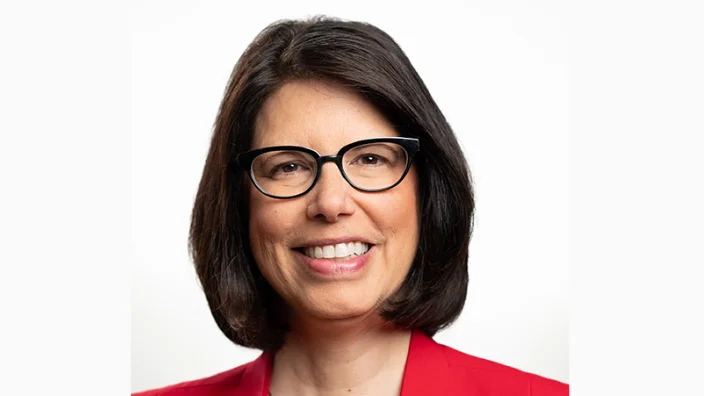
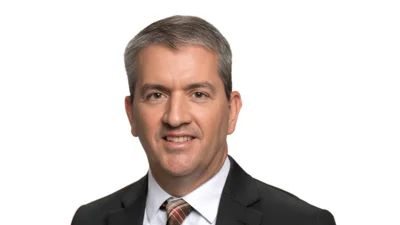
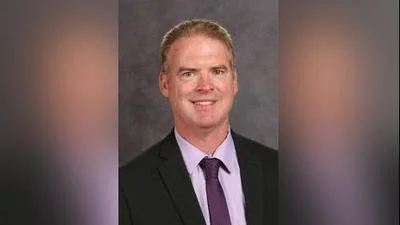
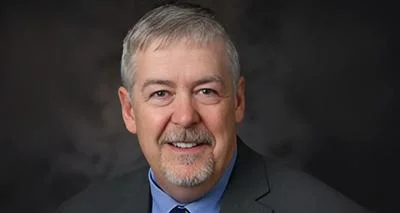
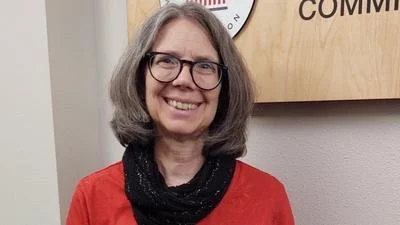
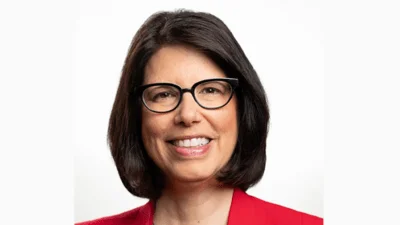
 Alerts Sign-up
Alerts Sign-up